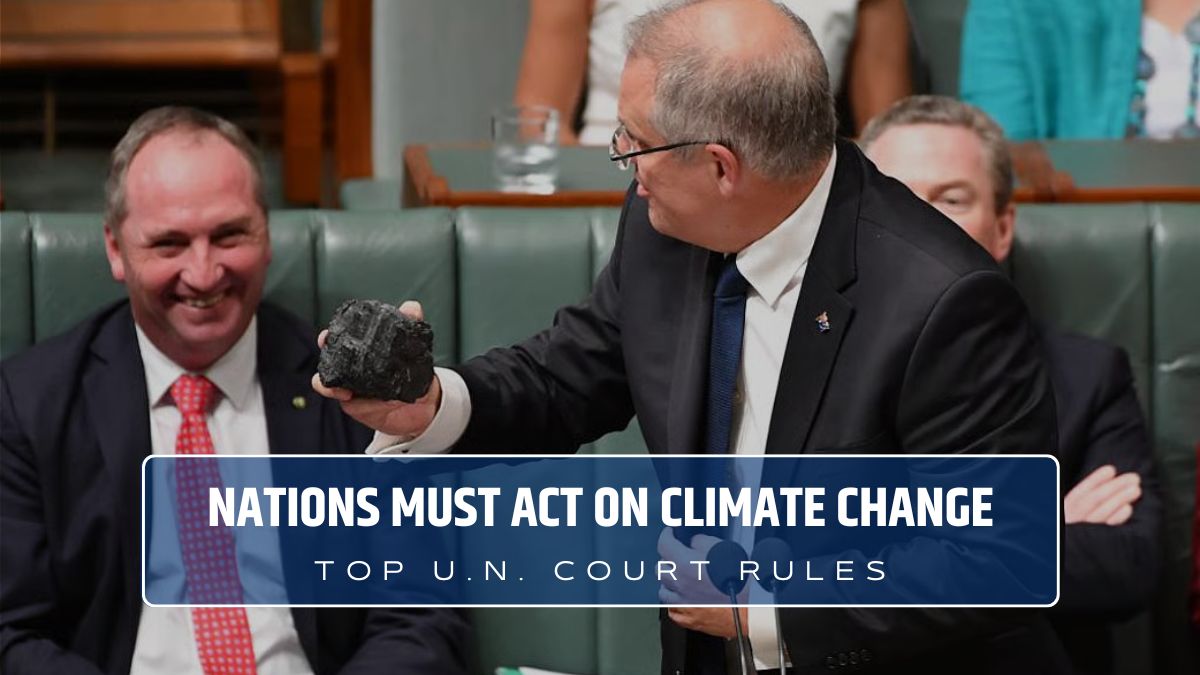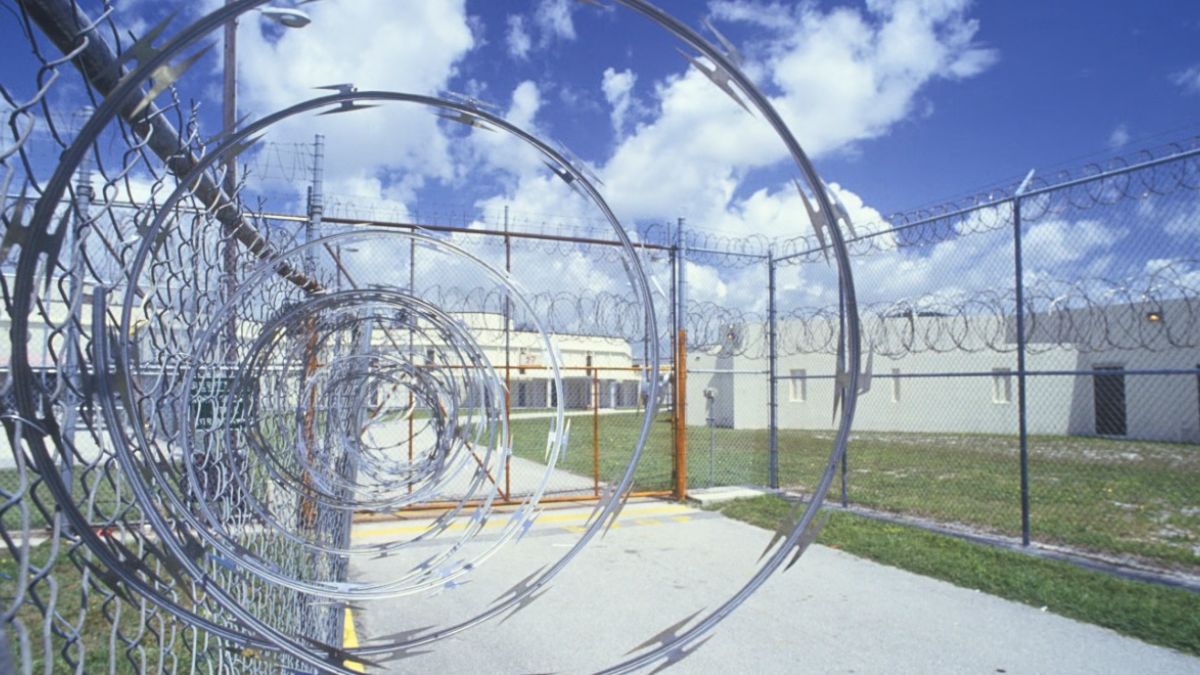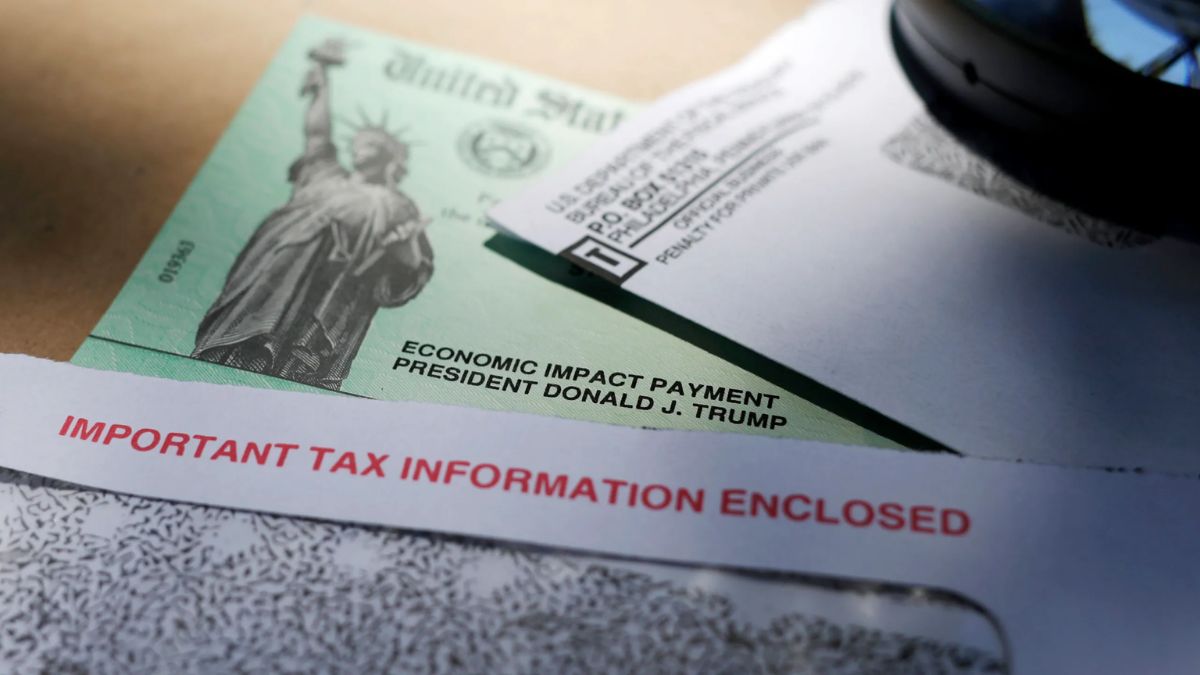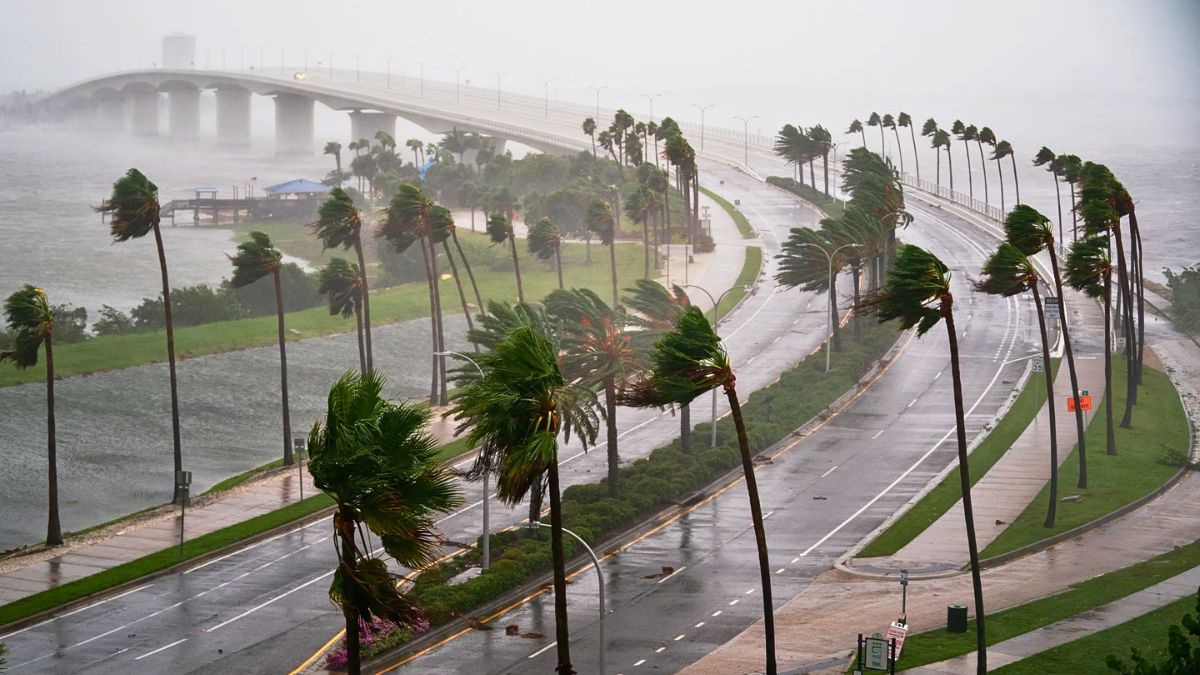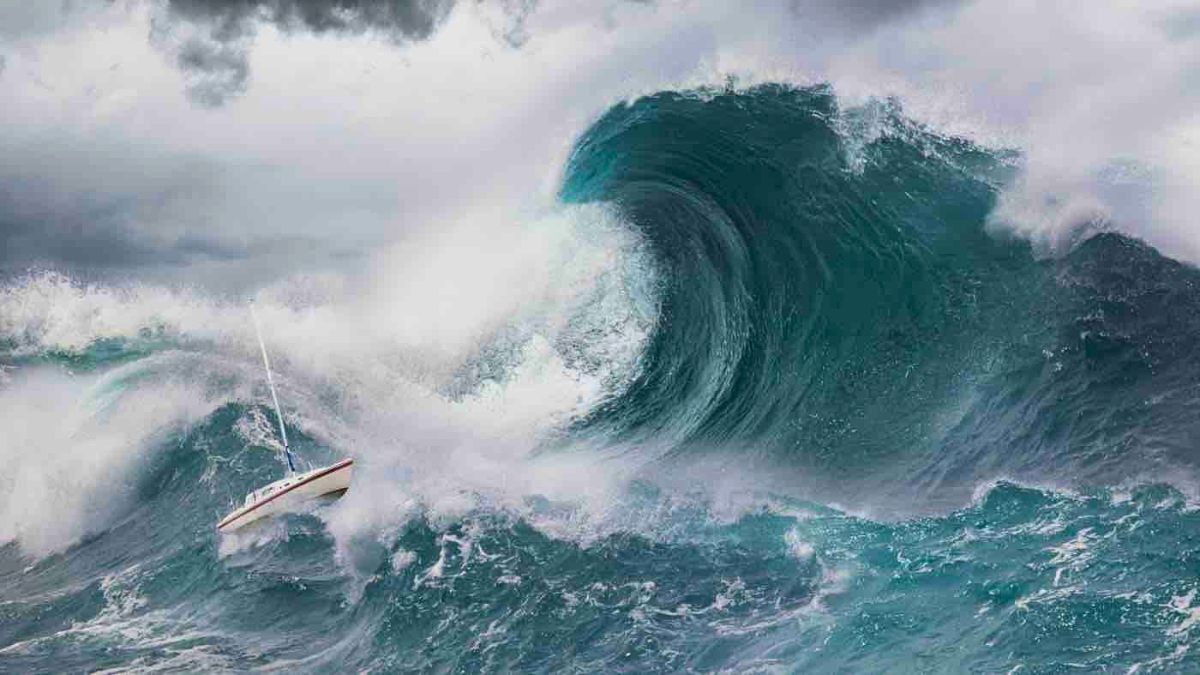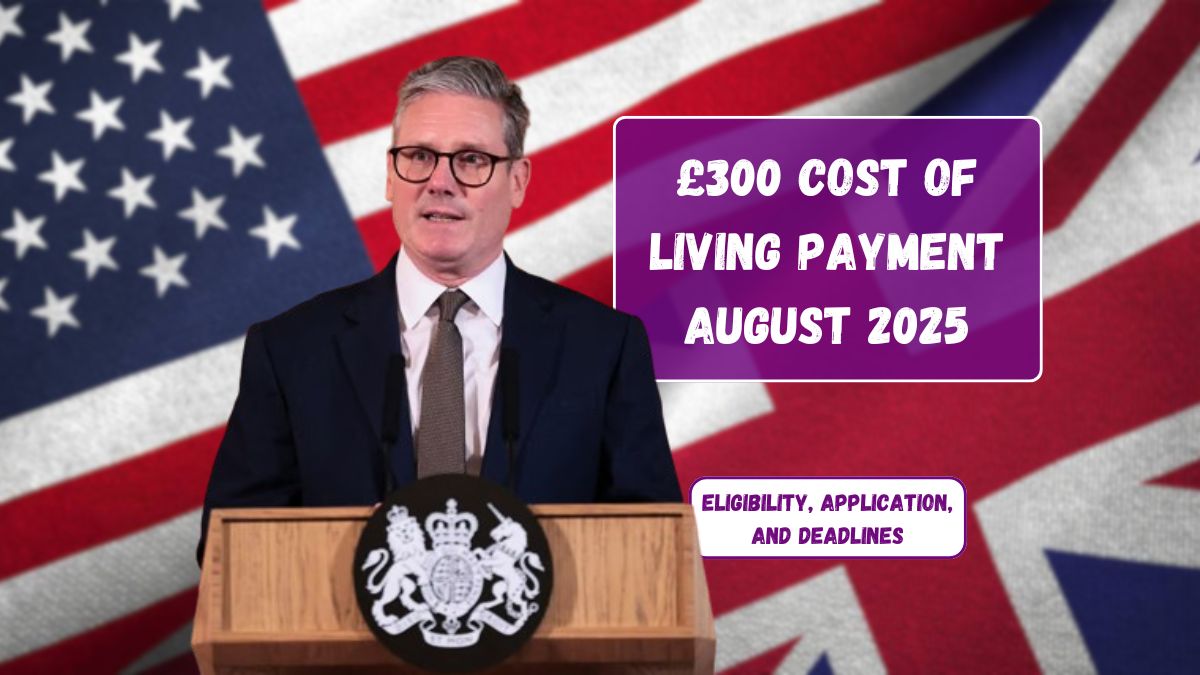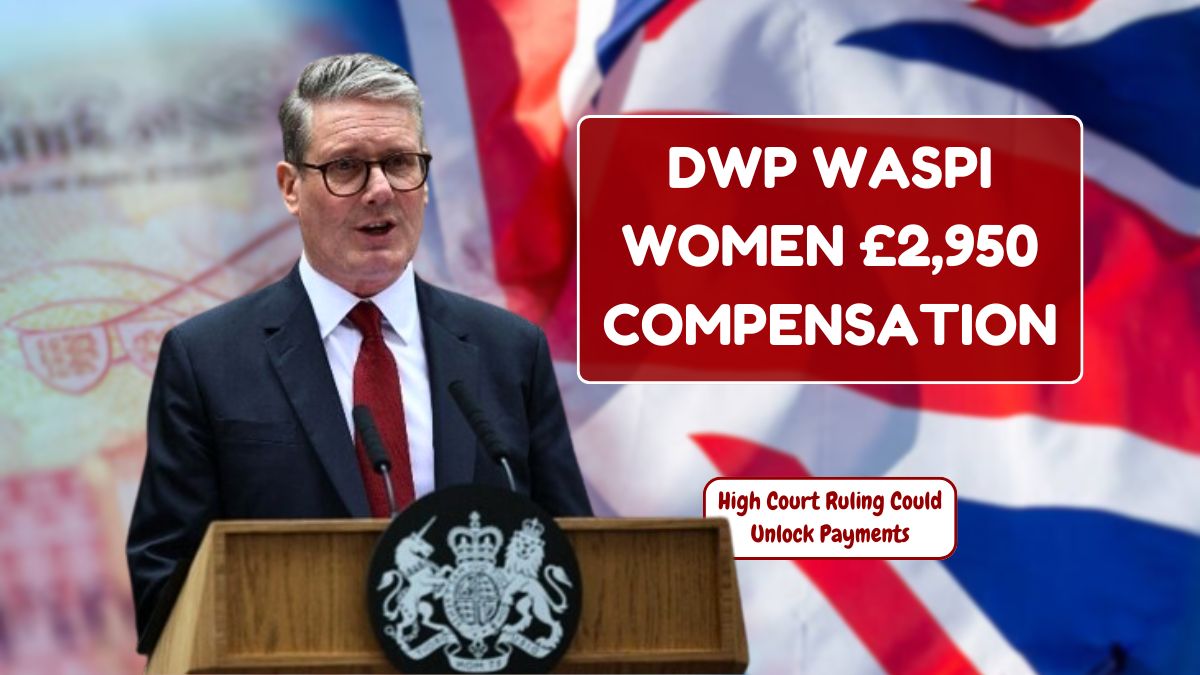In a historic move, the International Court of Justice (ICJ) has declared that countries have a legal obligation under international law to fight climate change. While the ruling is advisory and not legally binding, it marks a turning point in how climate inaction could be judged on a global scale. The case, brought forward by Vanuatu and supported by nearly 100 countries, sends a powerful message: nations that fail to cut their emissions may face legal responsibility for climate-related damages.
Breakthrough
This is the first time the ICJ has weighed in directly on climate change. And while the ruling doesn’t carry the weight of enforcement, experts say it will likely strengthen existing climate lawsuits and inspire new ones around the world. According to Maria Antonia Tigre from Columbia Law School, it could spark a wave of litigation as courts look to the ICJ’s opinion for guidance.
It’s a huge win for small island nations like Vanuatu, which are already seeing the devastating effects of sea level rise and intensifying storms. These countries have long argued they are suffering the most from a problem they did little to cause.
Accountability
So what exactly did the court say? The ICJ concluded that countries have a duty to protect the climate system, not just for the environment’s sake, but as a human rights issue. It stated that states must take action to reduce emissions and could be held responsible for climate harm that crosses borders.
This means if a major polluter fails to reduce fossil fuel use, and another country suffers damages like floods or storms linked to climate change, there could be legal grounds for compensation. That’s huge for developing nations seeking financial help under the “loss and damage” banner in climate negotiations.
Background
The push for this ruling began with Pacific Island students and was later championed by Vanuatu, a nation of just 300,000 people facing an existential crisis due to rising seas. Their argument was simple: they didn’t cause the problem, but they are paying the price. Cyclones have devastated communities, and entire villages may have to relocate.
Sea levels have already risen about eight inches since the Industrial Revolution, and the pace is increasing. The science now makes it possible to link specific weather events to climate change, strengthening the case for legal responsibility.
Debate
Not everyone is on board. The United States, for example, has made it clear that it doesn’t view the ICJ’s rulings as binding. During the hearing, the U.S. argued that the best approach is through international agreements like the Paris Accord, rather than legal challenges.
Still, the ICJ disagreed, stating that international law does apply — and includes obligations to act. It even pointed out that giving subsidies to fossil fuel companies could violate those obligations. That part of the ruling could shake up climate policy discussions globally.
Impact
While the court acknowledged that law alone won’t solve the climate crisis, it emphasized the importance of using every tool available. This ruling adds another layer to that toolbox — a legal lever that smaller nations can pull when negotiations stall.
Expect to hear more about this decision at COP30 in Brazil, where the issue of compensation will be front and center. Wealthier countries may now face more pressure to step up.
Activists believe this is a moment of hope. For the youth of climate-vulnerable nations, it’s proof that the world is listening — and that justice may finally be part of the climate equation.

